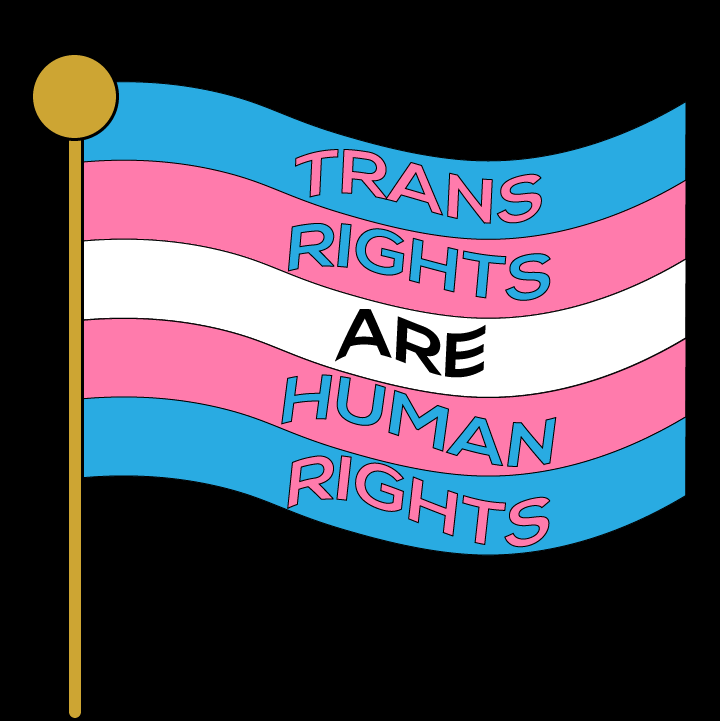There is no excerpt because this is a protected post.
Posts tagged with "at&t"

Maserati MC20 Cielo
Maserati MC20 Cielo made its North American debut today with an unveiling ceremony during The Quail, A Motorsports Gathering, a prestigious automotive event in California.

Elliott Advocacy Releases 2022 Readers Choice Nominees
Elliott Advocacy, the nonprofit online consumer advocacy organization, has announced the release of its 2022 Readers Choice Award nominees, with voting beginning today here. Sponsored by Medjet, the leading air medical transport membership program for travelers, the Elliott Advocacy Readers Choice Award is an annual recognition of companies in various consumer sectors that offered outstanding […]

ESPN × College Football Week 8
ESPN networks will highlight nearly a dozen ranked squads during Week 8 of the college football season, including four of the top five programs ranked in the AP Top 25. In total, nearly 40 games are set for the spotlight on ESPN platforms, with every game available on the ESPN App. One of the week’s […]

LGBTQ State Legislative Attacks
UPDATE: With Unprecedented 18 Anti-LGBTQ Bills Enacted, 2021 Officially Becomes Worst Year in Recent History for LGBTQ State Legislative Attacks With Anti-LGBTQ Momentum Sweeping through State Legislatures, 2021 Surpasses 2015 as Worst Year In Recent History Detailed Breakdown of 2021 Anti-LGBTQ State Legislation Below With an unprecedented number of anti-LGBTQ measures sweeping through state legislatures […]

Ten Anti-LGBTQ Bills Sit on Governors’ Desks
Ten Anti-LGBTQ Bills Sit on Governors’ Desks, Poised to Undermine Rights Across the Country As a fast and furious effort led by national groups aiming to stymie LGBTQ progress made on the national level and in many states continues to intensify, ten anti-LGBTQ bills currently sit on the desks of governors across the country waiting to be signed […]

Montana’s Anti-Trans Sports Bill
Montana Sends Anti-Trans Sports Bill To Gov. Gianforte Today, the Montana Senate passed House Bill 112, an anti-LGBTQ bill that would ban transgender girls and women from participating in sports at the elementary, secondary, or post-secondary level consistent with their gender identity. The bill now heads to Governor Greg Gianforte’s desk for signature or veto. […]

Montana’s Religious Refusal Bill
Montana House Sends Religious Refusal Bill To Governor Gianforte’s Desk RFRA bill similar to controversial Indiana law signed by then Gov. Mike Pence Today, the Montana House passed passed anti-LGBTQ Senate Bill 215, an expansive religious refusal bill that could grant a license to discriminate against Montanans and visitors, including LGBTQ people, people of faith, […]

North Carolina Introduces Anti-Trans Sports Ban
On Fifth Anniversary of HB 2 ‘Bathroom Bill’ Passage, North Carolina Introduces Anti-Trans Sports Ban. North Carolina puts forward another anti-transgender bill, again invoking the rhetoric of protecting women and girls from transgender people. Late Monday, the North Carolina House introduced House Bill 358, an anti-transgender bill that would ban transgender girls and women from […]

Historic Small Restaurants Grant Program
American Express and the National Trust for Historic Preservation Announce $1+ Million Grant Program for “Backing Historic Small Restaurants” in the U.S. American Express, in partnership with the National Trust for Historic Preservation, announced “Backing Historic Small Restaurants,” a more than $1 million investment to preserve historic restaurants in the U.S. as they continue to navigate […]





